In a significant development for the American steel industry, President Donald Trump announced a partnership between US Steel and Japanese steelmaker Nippon Steel. This partnership, according to Trump, will keep the headquarters in Pittsburgh and draw $14 billion in investment toward the US economy. The announcement has sparked a mix of reactions, ranging from optimism about job creation and economic growth to concerns about foreign control and national security.
The Announcement and Its Implications
President Trump revealed the planned partnership on TruthSocial, stating that it would create at least 70,000 jobs and add $14 billion to the US economy. The bulk of this investment is expected to occur within the next 14 months. This announcement comes after a period of uncertainty and controversy surrounding the potential deal, which was initially blocked by former President Joe Biden in his last week in office.
The deal has been a subject of debate since it was first announced in December 2023. Both sides of the political aisle have expressed concerns about foreign control of a once-key component of US industrial might. US Steel, once a symbol of American industrial strength, has faced decades of decline since its peak in the post-World War II era. The company is no longer the largest US steelmaker and employs a relatively small workforce of 14,000, with 11,000 of those employees being members of the United Steel Workers union.
The Role of the Committee on Foreign Investment in the United States (CFIUS)
The Committee on Foreign Investment in the United States (CFIUS) has played a crucial role in scrutinizing the deal for national security risks. In April, CFIUS launched a review into the acquisition and submitted a recommendation to Trump on whether any of the measures proposed by the companies would mitigate these risks. Nippon Steel raised its investment pledge in US Steel’s operations to $14 billion, which includes a new $4 billion steel mill in the US, if its bid is approved.
Political Reactions and Union Concerns
The announcement of the partnership has garnered mixed reactions from political figures and labor unions. The United Steel Workers union has been vocal in its opposition, expressing concerns that Nippon Steel would not maintain a long-term commitment to the remaining unionized mills. In a press release, the union stated that allowing US Steel to be sold to Nippon would be a disaster for American steelworkers, national security, and the future of American manufacturing. The union urged President Trump to act decisively to block the sale.
However, Republican Pennsylvania Senator Dave McCormick applauded the partnership, emphasizing that it ensures US Steel remains under US control. Democratic Senator John Fetterman, who previously called the original deal a “death sentence,” also expressed support for the partnership. Pennsylvania Governor Josh Shapiro praised the deal, highlighting his discussions with Trump and emphasizing the importance of job creation and economic investment in Pennsylvania.
The Historical Significance of US Steel
US Steel holds a significant place in American industrial history. Founded in 1901, it was once the most valuable company in the world and the first to be worth $1 billion. The company played a crucial role in the US economy, contributing to the construction of cars, appliances, bridges, and skyscrapers. However, US Steel has faced a long decline since its peak in the post-World War II era. The proposed partnership with Nippon Steel represents a potential turning point for the company and the broader US steel industry.
The Economic and Strategic Importance of the Deal
The partnership between US Steel and Nippon Steel could have significant economic and strategic implications. The $14 billion investment pledged by Nippon Steel includes plans for a new $4 billion steel mill in the US, which could create thousands of jobs and boost economic growth. This investment could also bring new technologies and operational efficiencies to US Steel, potentially revitalizing the company and the broader industry.
From a strategic perspective, the deal raises important questions about foreign control and national security. The steel industry has long been considered a critical component of US industrial might, and the potential for foreign ownership has been a source of concern for policymakers and labor unions. The Trump administration’s decision to allow the deal to proceed, despite initial opposition, reflects a complex interplay of economic and political considerations.
The Future of US Steel and American Manufacturing
The partnership between US Steel and Nippon Steel represents a new chapter for the American steel industry. While the deal has faced significant opposition, it also offers the potential for economic growth, job creation, and technological advancement. The success of the partnership will depend on several factors, including the ability of the companies to navigate regulatory hurdles, maintain labor commitments, and integrate new technologies and operational efficiencies.
As the US continues to grapple with the challenges of globalization and industrial decline, the partnership between US Steel and Nippon Steel serves as a reminder of the importance of strategic investment and innovation in revitalizing American manufacturing. The deal underscores the need for a balanced approach that promotes economic growth while safeguarding national security and protecting the interests of American workers.
A Balanced Approach to Economic Revitalization
The announcement of the partnership between US Steel and Nippon Steel marks a significant moment in the history of American manufacturing. While the deal has faced opposition and raised important questions about foreign control and national security, it also offers the potential for significant economic benefits and job creation. As the US navigates the complexities of globalization and industrial decline, the partnership serves as a reminder of the importance of strategic investment and innovation in revitalizing American manufacturing.
The success of the partnership will depend on the ability of the companies to navigate regulatory hurdles, maintain labor commitments, and integrate new technologies and operational efficiencies. As policymakers and stakeholders weigh the benefits and risks of the deal, a balanced approach that promotes economic growth while safeguarding national security and protecting the interests of American workers will be crucial. The partnership between US Steel and Nippon Steel represents a new chapter for the American steel industry, one that holds both promise and challenge for the future of American manufacturing.

By Grace Cox/May 26, 2025

By Emma Thompson/May 26, 2025

By Christopher Harris/May 26, 2025

By Laura Wilson/May 26, 2025

By Thomas Roberts/May 26, 2025

By Laura Wilson/May 26, 2025
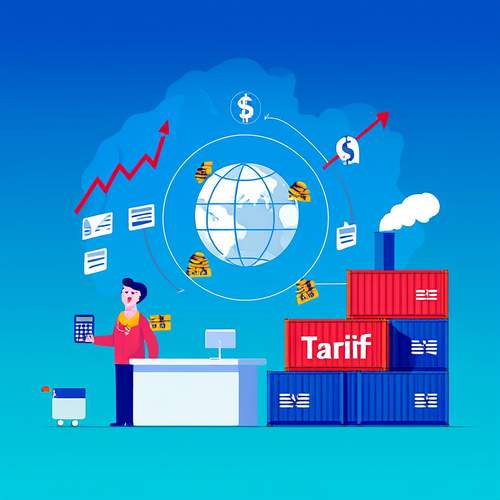
By Amanda Phillips/May 26, 2025

By Noah Bell/May 26, 2025

By Laura Wilson/May 26, 2025

By John Smith/May 26, 2025
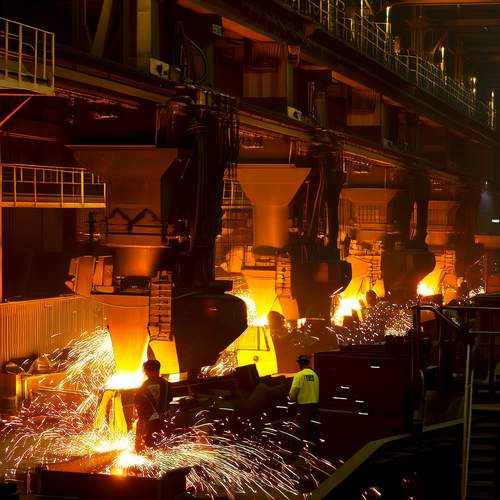
By Sarah Davis/May 26, 2025

By James Moore/May 26, 2025

By Amanda Phillips/May 26, 2025
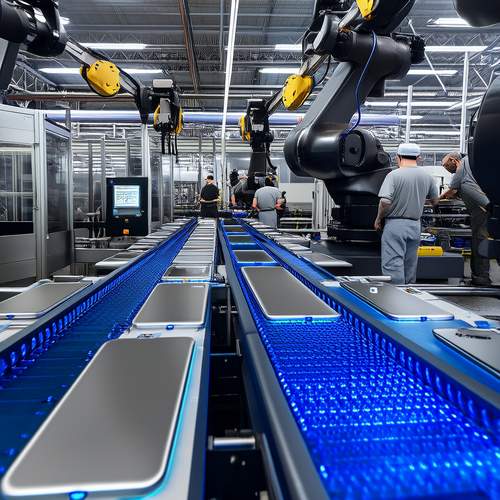
By Michael Brown/May 26, 2025

By Daniel Scott/May 26, 2025

By Thomas Roberts/May 26, 2025

By Victoria Gonzalez/May 26, 2025

By Grace Cox/May 26, 2025
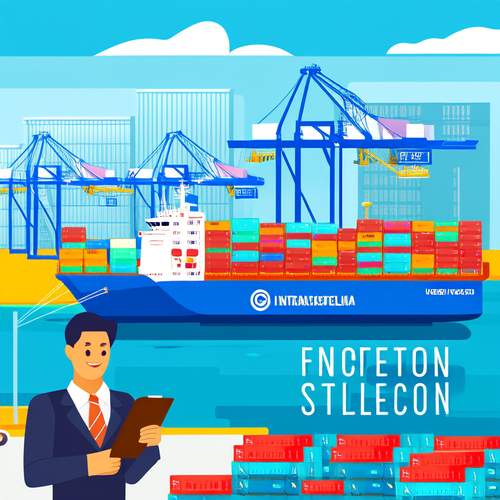
By Rebecca Stewart/May 26, 2025
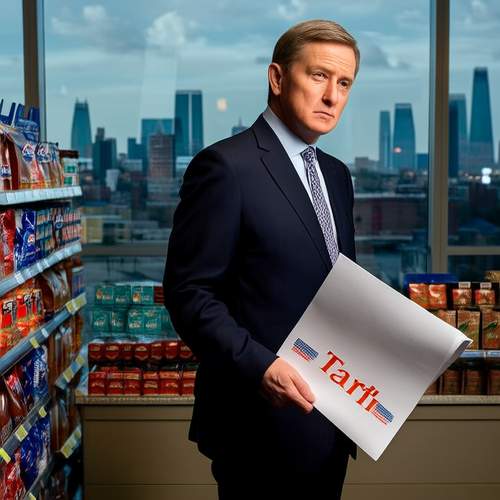
By Laura Wilson/May 26, 2025